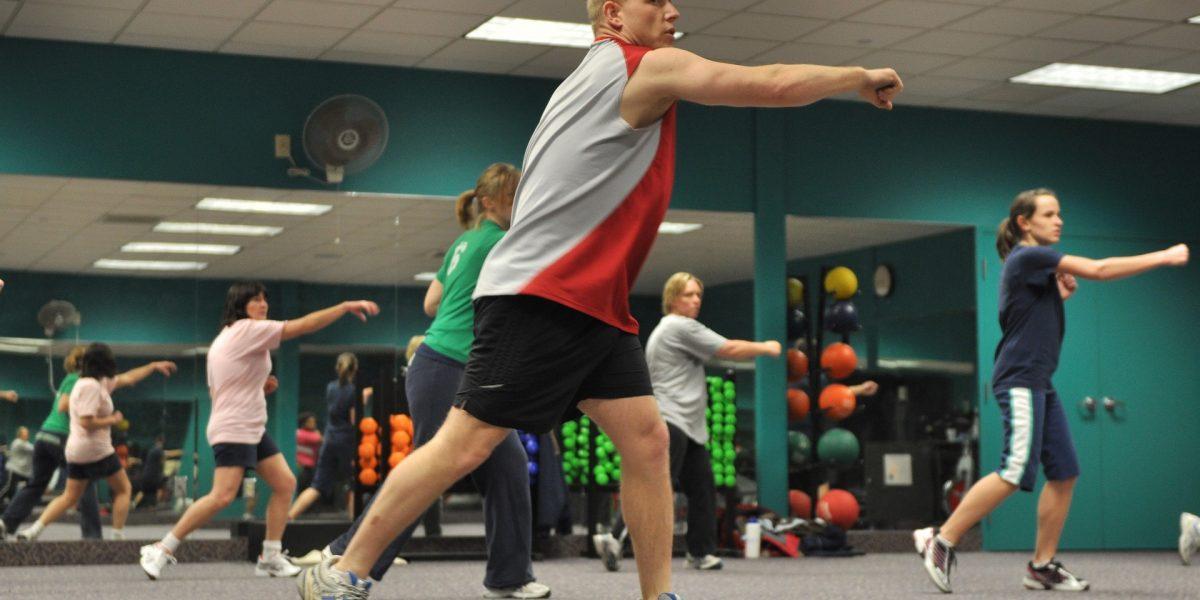
How Much Should I Exercise?
It is important to realise that even a small amount of physical activity is better than none. If you currently do no physical activity, start by doing some, and gradually build up to the recommended amount.
The current Australian Physical Activity Guidelines recommends that each week adults should accumulate:
- 150 to 300 minutes of moderate intensity physical activity or
- 75 to 150 minutes of vigorous intensity physical activity, or
- an equivalent combination of both moderate and vigorous activities.
Activity at the lower end of this scale provides considerable health benefits, including reduced risk of cardio vascular disease, type 2 diabetes, psychosocial and musculoskeletal problems.
Activity at the upper end of this scale is required for the prevention of unhealthy weight gain and some cancers.
Research shows us that higher intensity exercise achieves additional health benefits. Keep in mind that this means higher intensity by your standards – whether that may be power walking up a hill or combining your regular walk with short bursts of running.
Don’t be overwhelmed by this recommendation. Even if you are not achieving this, doing half, or even a quarter of the recommended amount, will reap significant health benefits. But keep in mind, the more you can do, the better!
STRENGTH – GET STRONG, LIVE LONG
Most people tend to focus on aerobic or cardiovascular workouts (such as walking or cycling). However, the Australian Physical Activity Guidelines recommends adults complete muscle strengthening activities on at least 2 days each week. Strength activities help your muscles and bones stay strong and make it easier for you to do daily tasks as you get older.
This will benefit your health in many ways, including:
- improved strength of muscles and ability to complete daily tasks
- improved posture and reduced musculoskeletal pain and injury
- increased bone mineral density, reducing your risk of osteoporosis and related fractures later in life
- accelerated metabolism (you will burn more kilojoules at rest!)
- improved energy levels and ability to complete daily tasks
- elevated HDL (good) cholesterol, increasing protection against cardiovascular disease
SEDENTARY RECOMMENDATIONS
Even if you are exercising frequently, you may be surprised to realise the total number of hours you spend sedentary every day. Try adding up time spent commuting, sitting at work, watching television or at the computer.
It is important to minimise the time you spend sitting for prolonged periods, breaking it up as often as possible. Evidence suggests that sedentary behaviour (prolonged sitting or lying down, except when sleeping) is harmful to our health, increasing risk of chronic disease and obesity. Standing for just 2-3 minutes every hour will make a significant improvement to your health.
Most importantly, think of movement as an opportunity, not an inconvenience. Any form of movement of the body is seen as an opportunity to improve your health.
Sourced from Make Healthy Normal
